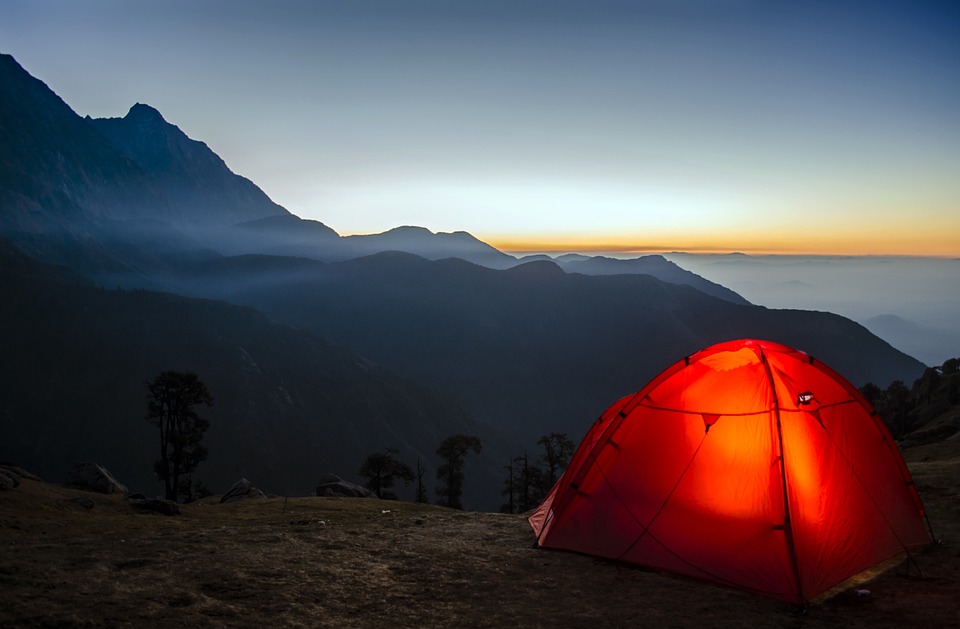Table of Contents
Introduction
Camping is a wonderful way to connect with nature and enjoy the great outdoors. However, it is important to camp responsibly and make sustainable choices to ensure the preservation of our environment for future generations. In this article, we will explore some top tips for sustainable and responsible camping.
Choose a Green Campsite
When selecting a campsite, consider choosing a green or eco-friendly option. Look for campsites that have implemented sustainable initiatives such as recycling programs, reducing water consumption, and promoting conservation practices. This will help support environmentally conscious camping grounds and contribute to their continued operation.
Minimize Your Environmental Impact
While camping, it is important to minimize your environmental impact as much as possible. Always follow the principles of “leave no trace.” This means packing out all your trash, avoiding single-use items, and leaving natural items and wildlife undisturbed. Additionally, use biodegradable soap for cleaning dishes and try to use sustainable alternatives to disposable items, such as reusable water bottles and utensils.
Practice Responsible Fire Use
If campfires are allowed in your camping area, practice responsible fire use. Select designated fire rings and use only fallen wood for fuel. Avoid cutting live trees or damaging vegetation. Always fully extinguish your fire before leaving the campsite or going to sleep to prevent accidental wildfires. Check local fire restrictions and ensure you comply with any regulations in place.
Respect Wildlife
When camping, it is crucial to respect the wildlife and their natural habitats. Keep a safe distance from animals and do not feed them human food, as it can be harmful to their health. Remember that you are a guest in their home, so observe from a distance and avoid disturbing their routines. Be aware of any endangered or protected species in the area and follow guidelines to ensure their preservation.
Conserve Water
Water is a precious resource, especially in outdoor environments. Conserve water by taking shorter showers or using wet wipes instead. Be mindful of how much water you use for cleaning, cooking, and washing dishes. Avoid contaminating natural water sources, and if you are camping near a body of water, use biodegradable soap and avoid leaving any pollutants behind.
Leave the Site Better Than You Found It
It’s important to leave your campsite better than you found it. This means picking up any litter you come across, even if it’s not yours. Leave natural objects such as rocks, shells, and flowers untouched for others to enjoy. Consider participating in organized clean-up events in camping areas to contribute to their overall cleanliness and preservation.
FAQs
Q: Can I use disposable plates and utensils while camping?
A: It is highly encouraged to use sustainable alternatives to disposable items such as reusable plates and utensils. However, if you must use disposable items, choose biodegradable or compostable options.
Q: How can I ensure my campfire is fully extinguished?
A: To ensure your campfire is fully extinguished, pour water over the fire and stir the embers with a stick or shovel until everything is cool to the touch. Repeat this process until no smoke or steam is produced.
Q: Are there any specific rules regarding camping in national parks?
A: Yes, national parks often have specific rules and regulations for camping. It is important to research and follow those guidelines to protect the fragile ecosystems and wildlife present in these areas. Contact the respective national park or visit their website for more information.
Q: Can I bring my pet while camping?
A: Each campsite may have different rules regarding pets. Some campsites may allow pets on leashes while others may not. It is essential to check the campsite’s rules and regulations regarding pets before planning your trip.





